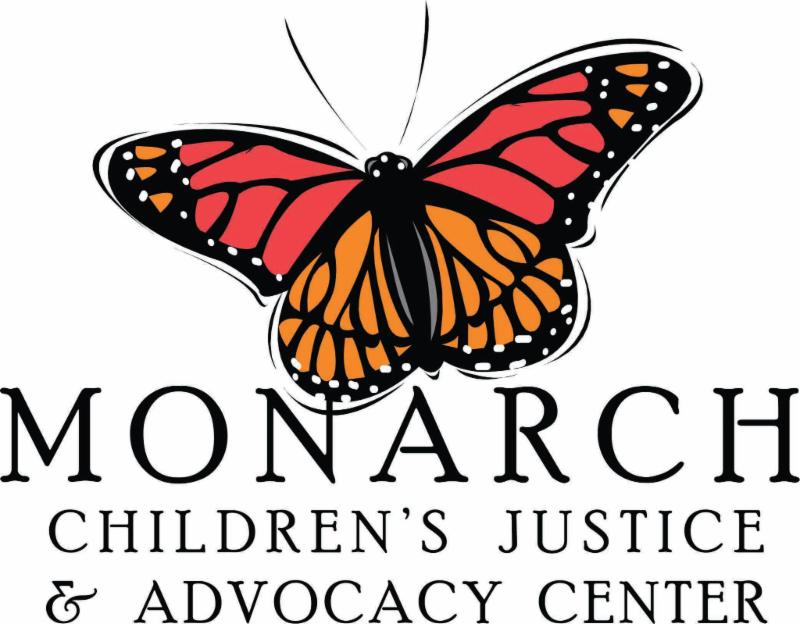What You Should Know

How does my child get a forensic interview?
Monarch only accepts referrals for forensic interviews from law enforcement. Your child may report abuse to someone outside the family home, which could trigger a mandatory report. If this happens, law enforcement will contact you and may refer you to a CAC for a forensic interview. If your child discloses abuse to you, please contact your local law enforcement agency. They will take a report and determine whether the disclosure of abuse rises to the level of needing a forensic interview. If it does, the case will be assigned to a detective, who will refer the child for a forensic interview.
What should I tell my child?
Dos:
Tell the child about their appointment. A caregiver may say, “People who talk to a lot of children will be visiting with you about what you talked about…”
Tell the child to speak the truth.
Avoid asking questions about the abuse.
Reassure the child you will be there to support them no matter what happens and they are not in trouble.
Don’t:
Discuss the investigation in the child’s presence.
Tell the child what to say or what you think happened.
Tell the child they are coming to play or to see a doctor/therapist.
Lie to the child in any way about the allegations or scare them.
Offer the child a bribe for telling about what happened.
To learn more about Forensic Interviews at Monarch Children’s Justice and Advocacy Center, please visit our page located HERE
Child Sexual Abuse
Child Sexual Abuse is not just something that happens to other people in other places. Hundreds of children in this community are victims of child sexual abuse. It occurs in all socio-economic levels, all ethnic groups and to both boys and girls. Men and women can be perpetrators of child sexual abuse.
The statistics are alarming. One in four girls and one in six boys will be victims of sexual abuse prior to age 18. There is a good chance you know someone who has been abused sexually. Of adults who say they have been victims of any type of sexual assault, 70-80 percent say that the assault occurred prior to age 18.
Only about 1 in 10 victims of sexual assault report the event to outside authorities.
Last year, over 250 children, ranging in age from a few weeks to early teens, came to Monarch Children’s Justice & Advocacy Center to find help in ending the abuse and getting the services they need to heal emotionally and physically.
A recent study by the Department of Justice looked at the link between juvenile and adult criminal behavior and child abuse. The study found that it was the response the child recieved when he/she disclosed the abuse, rather than the sexual nature of the abuse, that was the significant factor in whether the child participated in criminal behaviors later in life.
Sexual abuse impacts more children than any childhood disease, and it is happening in epidemic proportions.
No one wants to talk or think about sexual abuse of children – and that is part of the problem. Child sexual abuse is perpetuated through secrets and shame. It is time for the community to share responsibility for preventing and intervening in this serious problem.
By using a multi-disciplinary, child friendly, collaborative response to sex abuse, MCJAC is changing in significant and positive ways the response children receive when they disclose child sexual abuse.
The majority of children that experience sexual abuse are victims of someone they know and trust. These individuals often gain trust and access to the child by gaining the trust of the parent(s) first.
For more information on grooming and what to look for please visit:
